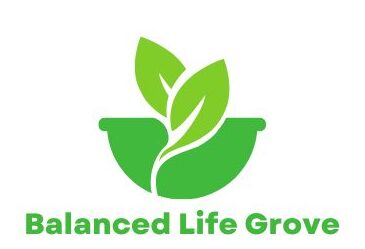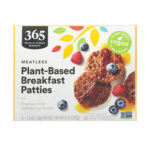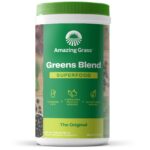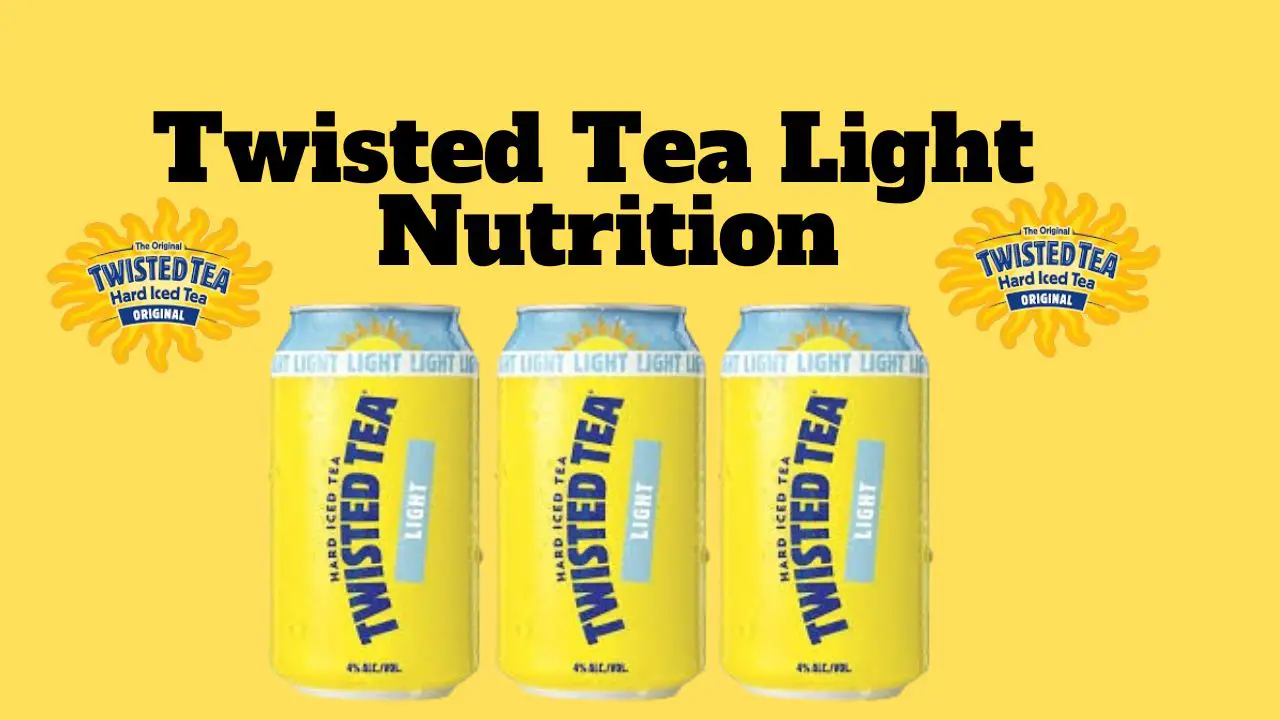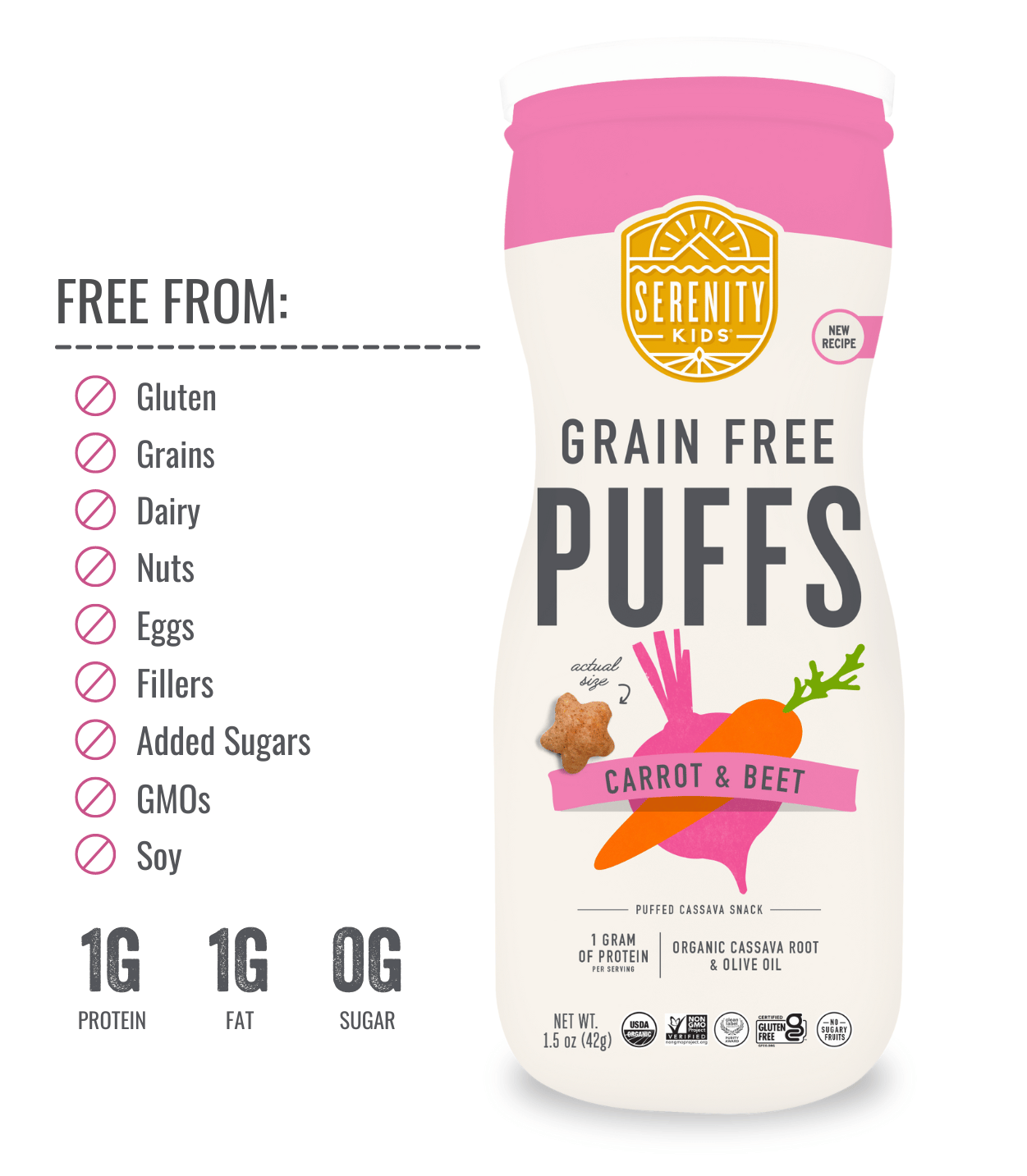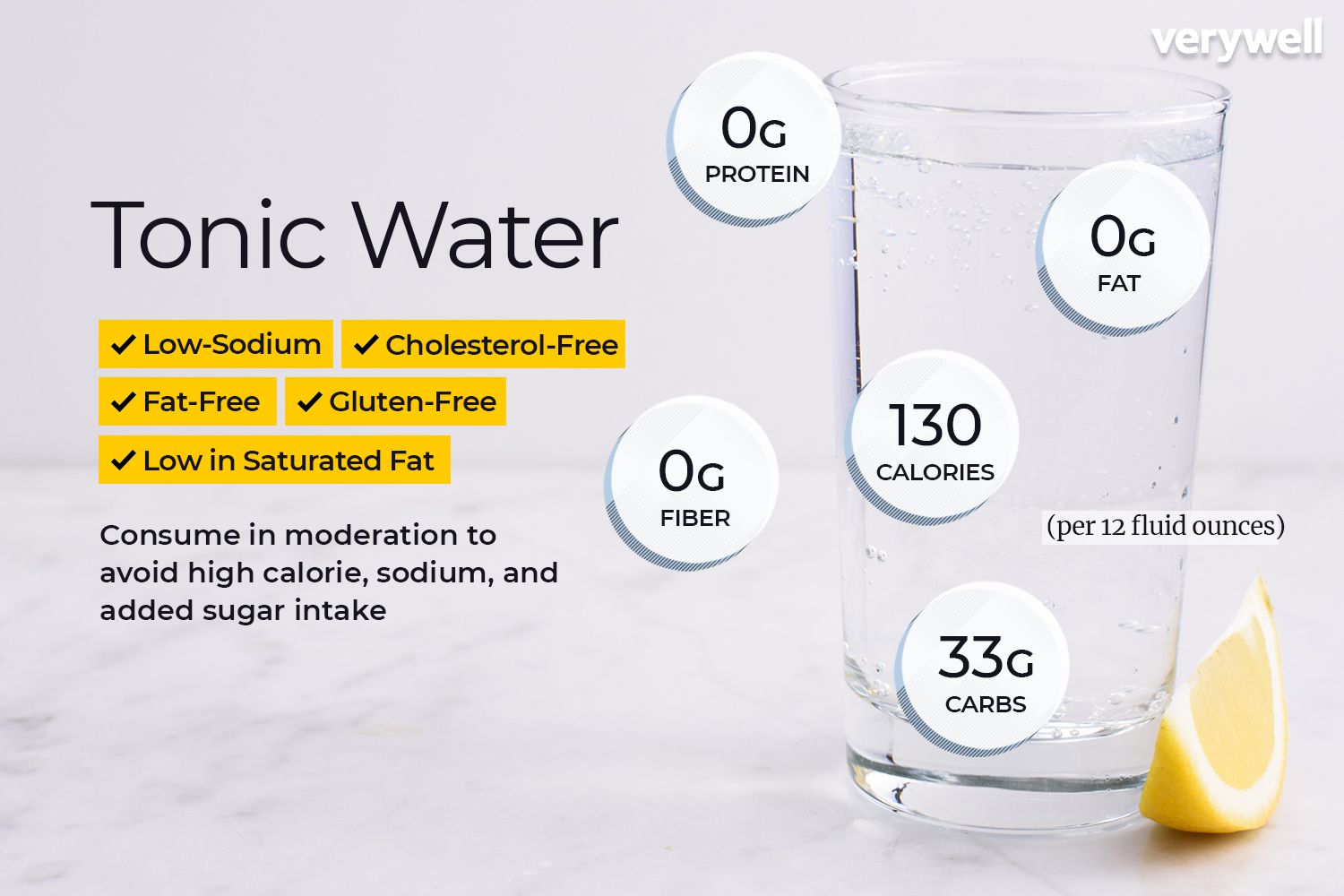When approaching a nutrition myth, it’s best to rely on evidence-based research and consult with a registered dietitian or nutrition expert for accurate information and guidance. Nutrition myths can often be misleading and harmful, so it’s important to approach them with skepticism and verify information through credible sources.
By seeking out reputable sources and professional advice, individuals can gain a better understanding of nutrition and make informed decisions about their diet and health. Navigating through the vast amount of nutrition information available can be overwhelming, and it’s common for people to come across conflicting advice and myths.
In this guide, we will discuss the best approach to addressing nutrition myths and the importance of relying on evidence-based information to make informed choices about one’s diet and overall well-being. By implementing these strategies, individuals can avoid falling victim to misinformation and make positive changes to their dietary habits.

Credit: nutritionfornonnutritionists.com
Identifying Nutrition Myths
Looking for the best approach to debunk nutrition myths? Explore effective methods to identify and address common misconceptions about nutrition.
| Identifying Nutrition Myths |
|
Some common myths include carbs are always bad and eating after 6 pm causes weight gain. Myth-busting is essential for promoting accurate information and making informed food choices. |
Credit: www.quora.com
Research And Fact-checking
When addressing nutrition myths, it’s crucial to utilize credible sources. This involves understanding scientific studies and interpreting the data accurately. By examining reputable sources, such as peer-reviewed journals and expert opinions, individuals can validate or debunk nutritional claims. Nutrition myths often circulate based on unreliable information, so it’s essential to approach them with skepticism and thorough fact-checking. This method ensures that the information being shared is accurate and evidence-based, helping to dispel falsehoods and promote reliable nutritional knowledge.
Consulting Nutrition Experts
Selecting Reliable Professionals to consult for nutrition advice can provide numerous benefits. Expert guidance can help in debunking nutrition myths and ensuring accurate information is received. Professional advice can assist in creating personalized nutrition plans tailored to individual needs and goals, promoting overall health and well-being. Nutrition experts can offer evidence-based recommendations, backed by scientific research, to dispel misconceptions and guide individuals towards making informed dietary choices. By collaborating with reputable professionals, individuals can gain a deeper understanding of nutrition and develop sustainable habits for long-term health.
Analyzing Personal Impact
When addressing a nutrition myth, the most effective approach involves critical analysis and evidence-based research. By evaluating the credibility of sources and relying on scientific data, individuals can debunk myths and make informed decisions about their diet and health.
| When addressing nutrition myths, consider the impact on health choices. |
| Recognize biases and misinformation in the information you come across. |
Educating Yourself And Others
Approaching a nutrition myth requires understanding the topic thoroughly. Promoting nutrition literacy helps individuals make informed decisions. Debunking myths with evidence-based research is crucial. Educating others and yourself is the best approach.

Credit: yourlatinanutritionist.com
Practical Application
Practical application of evidence-based practices is crucial in approaching and debunking nutrition myths. The best method involves creating sustainable habits that promote health. Avoid falling for misleading information by questioning the source and looking for scientific evidence. Consulting registered dietitians or reliable nutritionists can provide accurate guidance based on scientific research. It is important to consider individual needs and customize nutrition plans accordingly. Focusing on whole, unprocessed foods and balanced meals is key to achieving optimal health. Incorporating regular physical activity into daily routines is also essential. Lastly, keeping an open mind and being receptive to new information can help in adapting and updating practices as new evidence emerges. By adopting this approach, individuals can combat nutrition myths and make informed choices for better health.
Staying Updated
Addressing Myths In The Media
It is essential to recognize the biases that may exist in nutrition reporting. Media outlets often sensationalize or oversimplify information, leading to the spread of myths and misinformation. As consumers, it is crucial to be aware and apply critical thinking when encountering nutrition-related claims. Question everything and scrutinize the source of information before accepting it as factual.
Be wary of sensational headlines and extravagant claims that lack scientific evidence. Look for credible sources, such as registered dietitians, reputable scientific studies, and professional organizations, for accurate and evidence-based information. Multiple credible sources will help validate the information and reduce the risk of falling for misleading claims.
Remember that personal anecdotes and experiences are not substitutes for scientific evidence. While they might be relatable, they lack generalizability and may perpetuate nutrition myths. Scientific research and studies conducted on a large scale provide more reliable and valid information.
Rely on your critical thinking skills, ask questions, and seek evidence-based information from trusted sources to navigate the complex world of nutrition.
Frequently Asked Questions Of What’s The Best Method Of Approaching A Nutrition Myth?
How Can I Identify A Nutrition Myth?
To identify a nutrition myth, look for sensational claims, lack of credible sources, and promises of quick-fix solutions. Use critical thinking and fact-checking to separate truth from fiction.
Why Do Nutrition Myths Persist Despite Scientific Evidence?
Nutrition myths often persist due to catchy marketing, anecdotal evidence, and the spread of misinformation through social media. Understanding scientific evidence and critical analysis can help debunk these myths.
What’s The Best Approach To Debunking A Nutrition Myth?
Approach debunking nutrition myths by promoting evidence-based information, engaging in open dialogue, and providing credible sources. Educate others on proper nutrition practices and the importance of critical thinking.
How Can I Navigate Conflicting Nutrition Advice?
When faced with conflicting nutrition advice, seek out registered dietitians, review reputable sources, and consider individual dietary needs. Look for consensus among experts and gather personalized recommendations.
Conclusion
To effectively tackle nutrition myths, it is essential to approach them with critical thinking and evidence-based research. By questioning popular beliefs and seeking reliable sources, we can uncover the truth behind these misconceptions. Remember to consider individual differences, consult professionals, and rely on scientific studies to make informed decisions about your health and well-being.
Stay curious, keep learning, and always prioritize evidence over hearsay.
